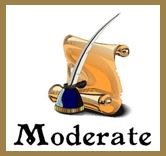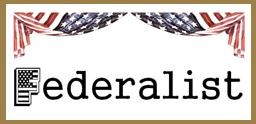Last updated: September 21, 2020
Article
Whiskey Rebellion: Answers to Question 2.

If you answered:
A). Attack ‘em. Then we won’t have to pay the tax! That was the Rebel opinion.
B). Pay the tax. The tax collectors are just trying to do their job. That was the Federalist opinion.
C). Leave them alone. Violence isn’t the answer. That was the Moderate opinion.
Click here to skip to question 3.

The rebels decided to attack and terrorize the tax collectors, so that the tax collectors would quit, and no one would collect the tax. Starting in the fall of 1791 several tax collectors were tarred and feathered, beaten up and abandoned in the woods. Others had their houses shot, burglarized and burned. The violence worked. No one wanted to be a tax collector.
Over time, as tensions increased so did the violence. Frontier farmers who supported or paid the tax started to be bullied and threatened. Rebels using the pseudonym “Tom the Tinker,” proclaimed any farmer who paid the tax would have his whiskey making stills “mended”, meaning the stills would be shot with holes and destroyed.

Congress had received many complaints about the whiskey tax that were forwarded to Hamilton. In a report he discounted nearly all the western complaints.
A second meeting, to again outline their grievances to the government, was held in Pittsburgh on August 21-22, 1792. The resulting petition was stronger and more substantial than the first. The last paragraph stated tax collectors were “unworthy of our friendship” and requested that citizens not interact with them.

The federalists were dismayed by the news from western Pennsylvania. However, Hamilton did see the need for trustworthy information and an evaluation of the real situation. Unfortunately, after making a trip to the west in September of 1792, George Clymer wrote an inaccurate report that confirmed all the federalists’ fears and preconceived biases. It incorrectly concluded that the insurrection was worse than they thought.
